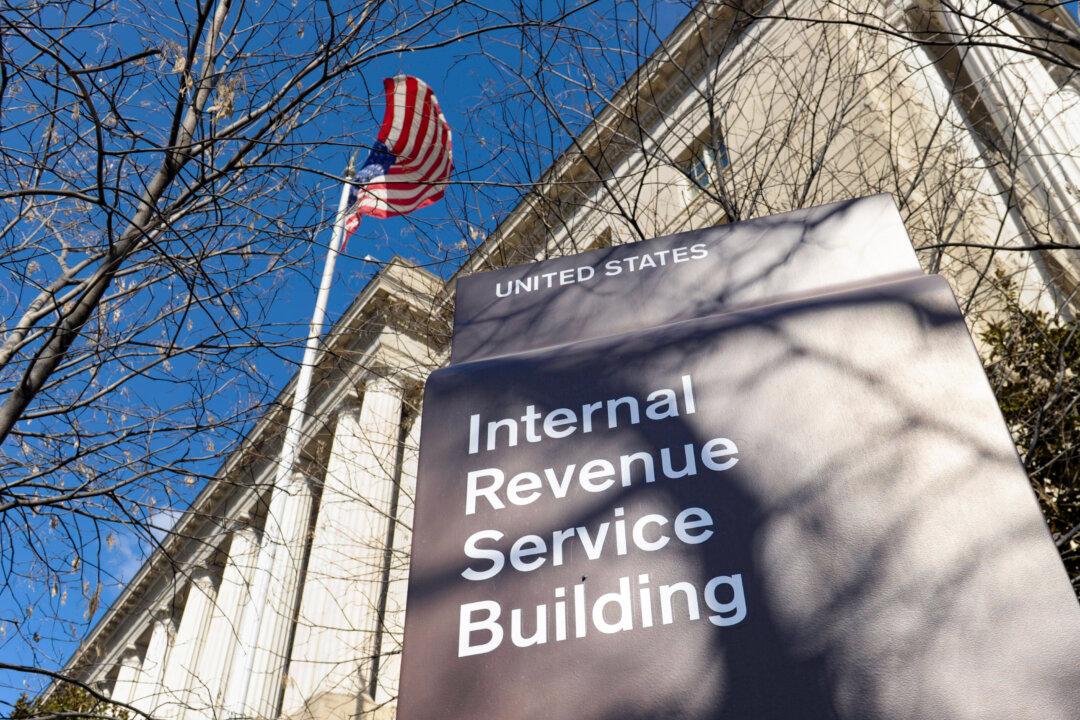The June 15 due date is fast approaching for filing second-quarter tax returns for American taxpayers like those who are self-employed, failing which they can face penalties.
Quarterly tax payments for this year are due on April 18, 2023, June 15, 2023, Sept. 15, 2023, and Jan. 16, 2024. Quarterly estimated tax payments are usually paid by self-employed workers, retirees, investors, gig workers, businesses, and others who do not have their taxes withheld. Employees who don’t have enough taxes withheld by employers in a year are also expected to pay quarterly estimated taxes. The upcoming second-quarter tax returns are due on June 15.





